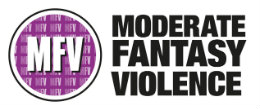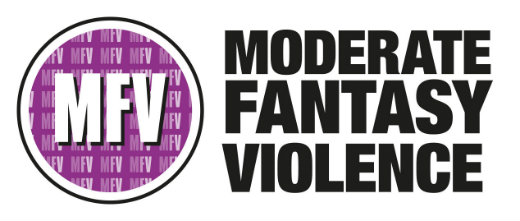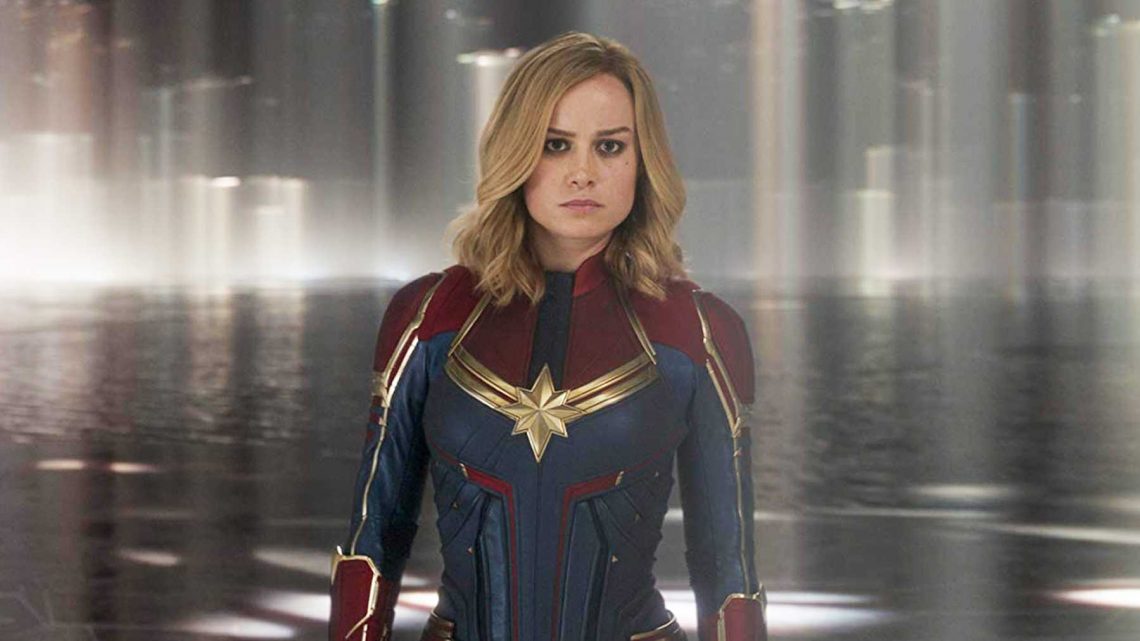A year ago, I finished my summary of film in 2018 by saying that I had a feeling that the cinematic landscape will change because it has been the same for a while and nothing lasts forever. One year on from that pronouncement, I don’t think a huge change in our cinema diet is imminent, but I do think the conditions for change are present.
To explain this, I will start by talking about how 2019 was just like every other year I have summarised with this year-end essay. This year was another great year for Marvel. They pulled off the finale to stage three of their cinematic universe immensely well. Avengers: Endgame lived up to the promise of the previous year’s Avengers: Infinity War and the other 21 films that proceeded it. It wound an impressive number of characters and plot threads together to deliver a hugely enjoyable ending to this epic saga, with a few tearful farewells to some beloved characters.
Elsewhere, Marvel continued to make great popcorn blockbusters. Both Captain Marvel and Spider-Man: Far From Home brought action spectacle along with self-aware humour and characters who were relatable whilst also being superheroes. The Marvel/Disney formula continues to be really successful.

The potential source of change in the cinema will not come from Marvel while they continue to make films that are both entertaining and do good box-office. It will come from the fact that in 2019, every other franchise performed at best okay and at worst shockingly bad. It Chapter 2 was a big disappointment, Glass underwhelmed, Men In Black: International was poor at best and X-Men: Dark Phoenix was a terrible last chapter to the X-Men franchise. The latter’s plot was nonsense and it lacked fun, spectacle or interesting character moments. Hopefully Disney can do something better with the X-Men now that they own it (along with almost everything else).
There was a host of other franchise films this year that were perfectly entertaining but left no long-term impressions. Pokémon Detective Pikachu was fun in a sort of mad, ‘they were definitely stoned when they came up with this’ sort of way. Star Wars: The Rise of Skywalker was a slightly bland end to the Skywalker saga. Jumanji: The Next Level was more the same level again, much like The Lego Movie 2: The Second Part was the same part again.
Terminator: Dark Fate was flat enough to kill that franchise (probably). Fast and Furious: Hobbs and Shaw was also entertaining, but didn’t leave me hugely enthusiastic for more muscly bald men in cars. It’s hard to see where the future of blockbuster cinema lies when so many franchises are middling to poor. An okay sequel or spinoff is not likely to produce future successful sequels or spinoffs.
DC didn’t have a terrible year for once. Their Joker adaption was interesting application of their dark and gritty house style to a tragic origin story for Batman’s most notorious villain. A great performance from Joaquin Phoenix made the film, but too much unnecessary Batman continuity and not enough tension unmade it. Joker shows that DC can make a half-decent film if they want to and the nods to 1970s and 80s Martin Scorsese films such as Taxi Driver and King of Comedy were appreciated. All this bodes well for DC in 2020.
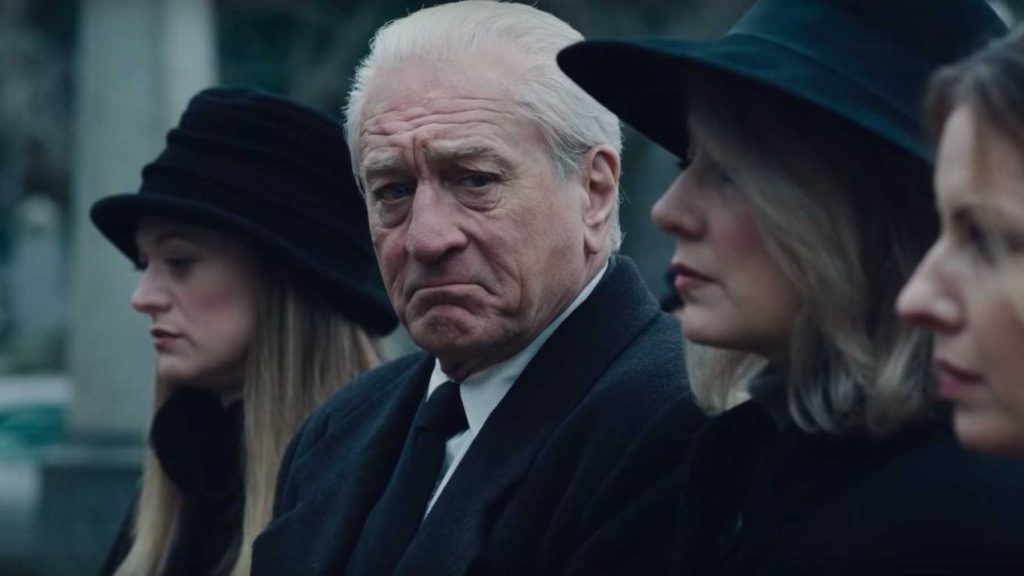
Speaking of Scorsese, 2019 was also the year of the backlash to the superhero blockbuster. This year Scorsese said that superhero films were “not cinema”. As a means of instruction, he also released a three and half-hour movie that was actually quite good. This led to art house directors from Francis Ford Coppola to Ken Loach chiming in with their opinions on superhero movies.
All this was a little silly. Asking Ken Loach what he thought of Avengers: Endgame is like asking Jay Rayner what he thought of the menu at Crystal Palace Wetherspoons. Loach and Marvel are making different films, in different ways with different intended outcomes. This make the comparison somewhat pointless and the people who like both just feel annoyed about being made to choose a side.
Anyway, the Irishman was good and it was great to see such great performances from Robert De Niro, Al Pacino and Joe Pesci. This was also the year of digital de-aging, which was used not only in the Irishman an but also to revert Samuel L Jackson to his 90s glory in Captain Marvel. Does this mean older actors will hog the good roles for longer and not make space for new blood? Time will tell.
Other art house hits this year included The Favourite which cemented Yorgos Lanthimos reputation as one of the most distinctive directors working today and earned many much-deserved awards for Olivia Colman, including an Oscar. Quentin Tarantino delivered a slice of Hollywood nostalgia in Once Upon A Time in Hollywood, which boasted a great performance from Leonardo Dicaprio. I found the film a little underwhelming, but it did have Tarantino’s very entertaining pulp style.
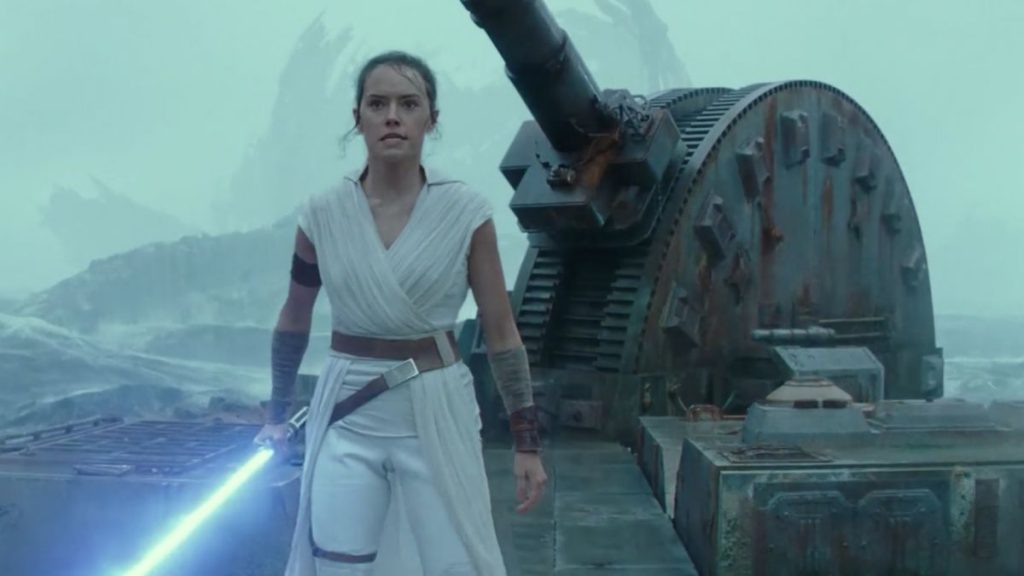
2019 was the year that Stars War, Avengers, X-men and Game of Thrones all wound up their existing story lines (or ended for good). Aside from Avengers, all had slightly disappointing conclusions. These franchises had been the core of geek culture for years and their simultaneous departure leaves something of a vacuum. What will follow is unclear. 2018 killed off the idea that anyone other than Marvel can do shared universe. So, what follows? More of the same? That’s unlikely to satisfy for long, especially as Marvel’s slate for next year looks uninspiring. The Eternals, anyone?
With so many poorly performing franchise this year, does it mean that the mojo has gone out of franchise blockbusters? Are cinema goers losing interest in superheros/remakes or sequels of older franchises/TV adaptations, etc.? They will if they continue to be disappointing. This sense of anti-climax is not helped by the fact that this year lacked surprise hits of previous years such as Get Out or A Quiet Place. Knives Out was excellent, but failed to capture the zeitgeist. Us was interesting, but lacked tension in the final act.
In British film, Ken Loach delivered another brilliant polemic with Sorry We Missed You, a damning indictment of zero-hour contacts. Blue Story was a very tense story of friendship and betrayal based around South East London gangs that felt like a genuine breath of fresh air In British filmmaking. Rapman is a talent to watch. On Netflix and in the cinema, The King harnessed some of the Game of Thrones energy to make an interesting medieval war movie.
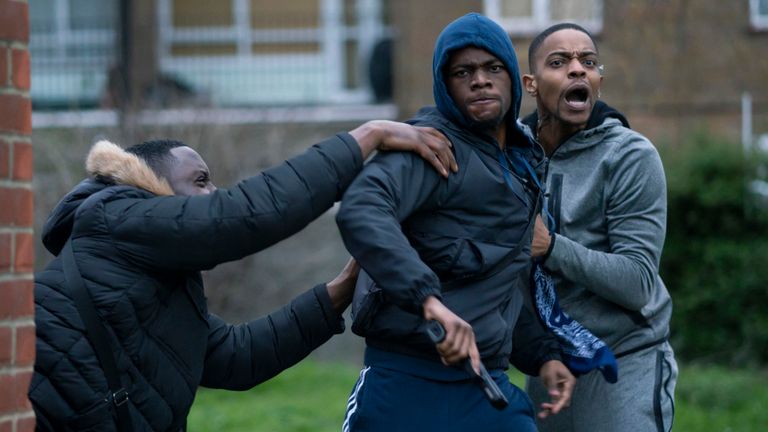
Next year could be a radically different year or more of the same. New decade, new rules? Maybe. We have The Eternals, Black Widow and New Mutants to look forward to from Marvel. There’s also Birds of Prey, Wonder Woman 1984, Venom, Morbius, Bloodshot, 1917, David Copperfield, No Time To Die and Christopher Nolan’s Tenet. There is also Denis Villeneuve’s much hyped Dune adaptation that could be a game changer.
The grounds for change have been laid by a year where blockbuster franchises largely failed to deliver the goods. Maybe they will do so again in 2020 or maybe they will face another year of continual decline. If superhero films and similar franchise blockbusters continue to offer diminishing returns to our cinematic investment, then viewers can be lured away. Maybe to video streaming services like Disney + (which will launch in the UK next year) or maybe to some new cinema movement that is currently nascent but will emerge in the near future.
If I had to bet, I would bet on superhero franchises (especially those owned by Disney) being aggressively competent and not much changing. However, outside the powerhouse of Marvel the ground is baron and the harvest has not been bountiful. Does this mean the winds of change are now blowing? Join us in the cinema and on the podcast next year to find out.
